Welcome to Afterglow, a newsletter that will change your mind. My name is Charles Bliss and I'm a psychedelic journalist from Norwich, UK.
In this week's special investigative feature, find out how an illegal ayahuasca retreat in East Anglia changed one young woman's life for the better.

On a Sunday evening in early spring, a dozen strangers clothed in white robes congregate at sunset for an illegal psychedelic ceremony in East Anglia.
Bodies gather under the canopy of a tent erected at the threshold of a garden and the woodlands — where the domestic bleeds into the wild, the familiar melts into the unknown. As the light grows thin, burning sage perfumes the air. Each person is enveloped in a cloud of silence and self-reflection. A moment of calm before inviting the chaos.
Like clockwork, a shaman motions to each person one by one to receive their first dose of a hallucinogenic brew.
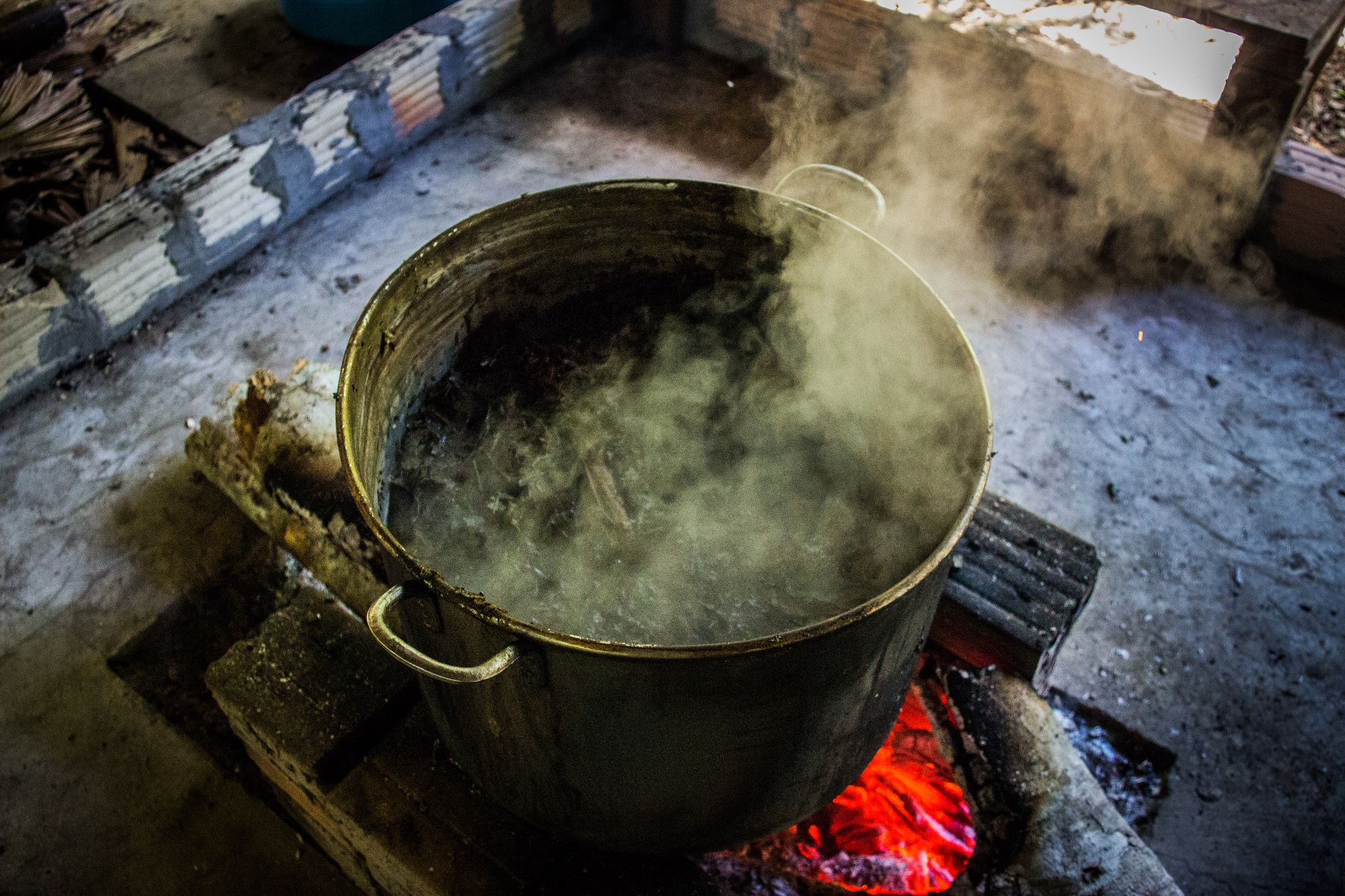
Saskia, 28, stepped into the tent with a payload of mental health problems stuffed in the pockets of her robe: childhood trauma, years of substance use disorder, a failed suicide attempt.
“They say ayahuasca calls to you,” she says. “A set of circumstances will lead you to it at the right time. That’s what happened to me.”
A portal into this subterranean world opened up to Saskia after she reconnected with a childhood friend, whose mother was working as a helper at an underground ayahuasca retreat.
Ayahuasca is a psychedelic tea made from the ayahuasca vine (Banisteriopsis caapi) and the chacruna shrub (Psychotria viridis). Native to the Amazon basin, chacruna contains the naturally occurring hallucinogen N,N-dimethyltryptamine (DMT), considered by many to be the world’s most powerful psychedelic substance. Compounds in Banisteriopsis caapi inhibit the monoamine oxidase enzymes that break down DMT in the gut before it reaches the brain, which ensures the drug retains its potency and becomes absorbed by the body.
Users report out-of-body experiences, euphoric revelations and mystical insights. The unpredictable nature of the ayahuasca experience is characterised as enlightening and distressing in equal measure. It is also thought to activate repressed memories. But the risks are primarily psychological. Ayahuasca is non-toxic to humans and the physiological effects are minimal and short-term.
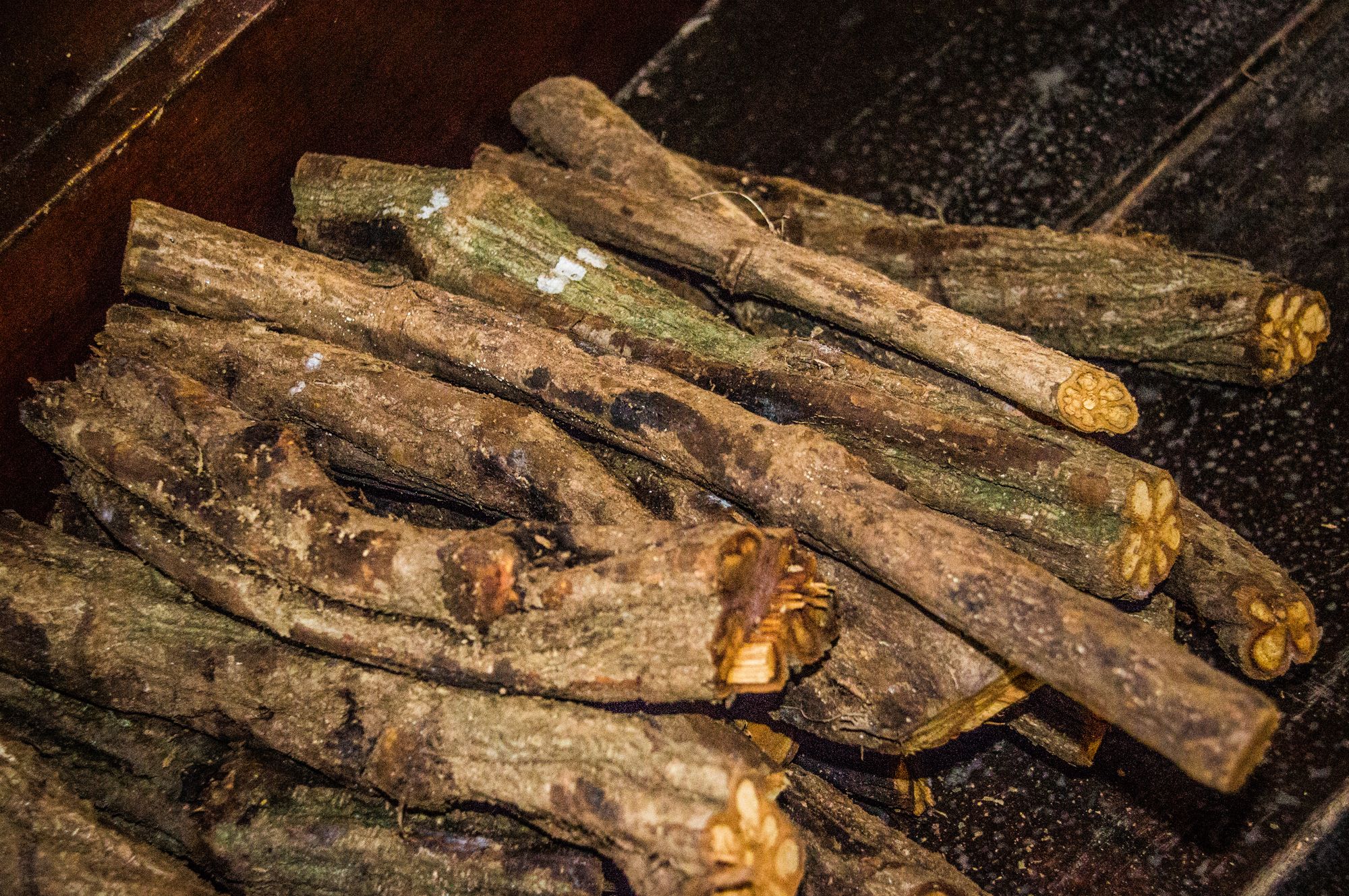
Under the Misuse of Drugs Act 1971, DMT is a Class A drug, which means ayahuasca is illegal to distribute or possess in the UK. The substance is legal in South American countries including Brazil, Chile, Costa Rica, Mexico and Peru, where it has been used as a sacrament by indigenous peoples for generations.
The Misuse of Drugs Regulations 2001 classifies DMT as Schedule 1. It is therefore thought to have no therapeutic or medical value and a high risk of abuse. A Home Office licence is required for the production, possession or supply of Schedule 1 drugs — in the context of a university conducting clinical work, for example.
But a growing body of research indicates that psychedelic drugs like DMT and psilocybin — the active compound in magic mushrooms — may be effective tools to treat anxiety, depression, addiction and post-traumatic stress disorder (PTSD). Last year, a YouGov poll found that the majority of people in the UK were in favour of discussing drug policy reform around psilocybin as a medicine.
The US charity Heroic Hearts has established a British project that takes military veterans suffering from PTSD to legal ayahuasca retreats in Peru. The charity reports that ex-soldiers return with reduced symptoms of PTSD and an increased capacity to lead more fulfilling lives.
Despite these potential benefits, DMT remains a prohibited substance. The law states that the maximum penalty for possession of ayahuasca is seven years in jail, an unlimited fine or both. The maximum penalty for supply is life imprisonment, an unlimited fine or both.
But the War on Drugs has not stopped underground therapists from providing illegal psychedelic retreats such as ayahuasca medicine circles.
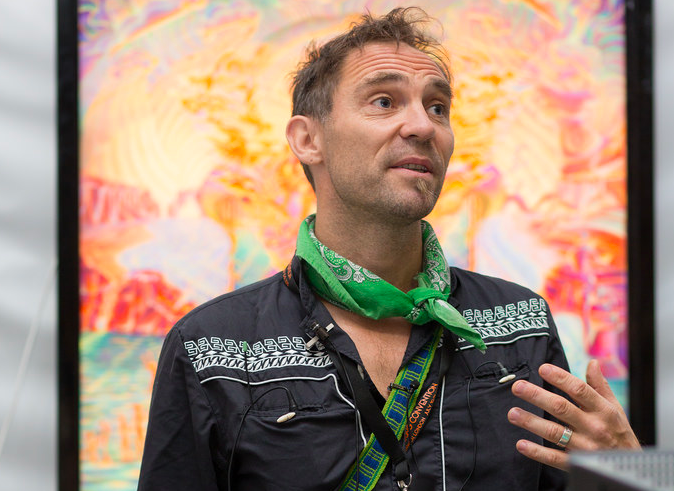
“People are putting their liberty and livelihood at risk by doing this [running illegal psychedelic retreats] — and yet lots of people still do it,” says Dr David Luke, Associate Professor of Psychology at the University of Greenwich and co-founder and director of Breaking Convention, an educational charity that hosts an international conference on psychedelic consciousness. “But it’s not like a model of drug use whereby people are secretively addicted and have to get their fix.
“People who have had their own experiences recognise the massive potential of psychedelics for all manner of positive changes in wellbeing and personality. They want to share that with other people. It’s a community-focused, pro-social activity for enhancing everyone’s wellbeing.”
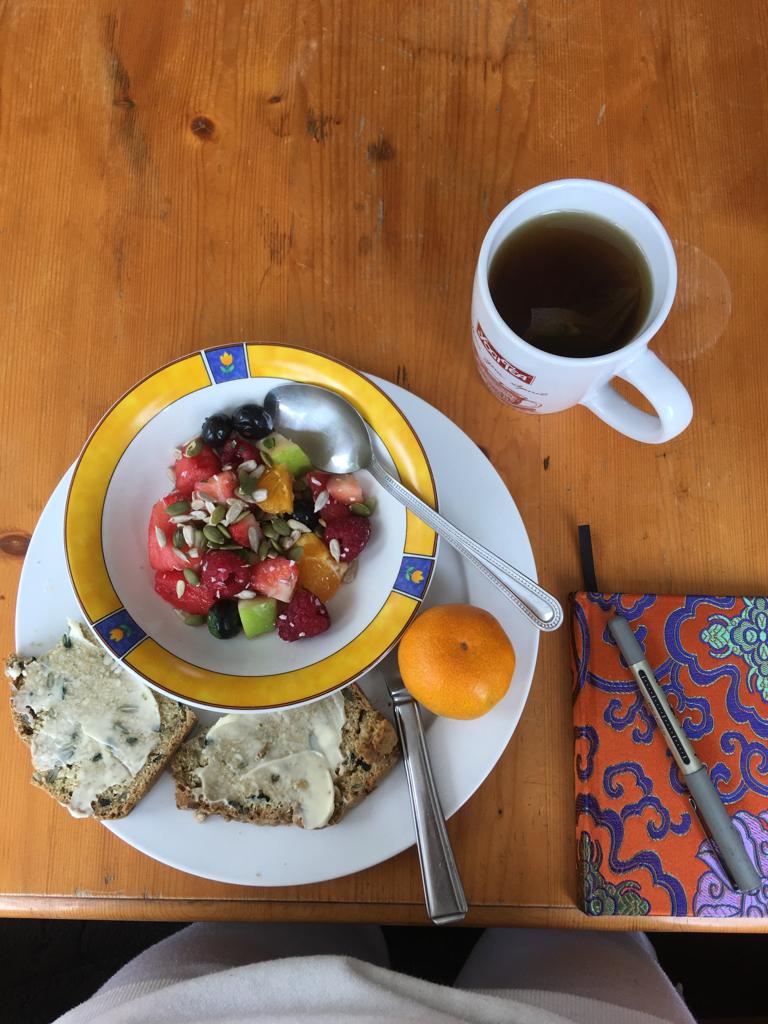
In the weeks leading up to the ceremony, Saskia followed a strict regimen that eliminated alcohol, animal products, garlic and onion from her diet. She was also required to set an “intention” — a question or mental goal to focus on during the ceremony, which anchors the user in the experience.
At the retreat, participants fasted all day and took the medicine for three nights.
“It’s disgusting,” Saskia says. “Even now I can almost taste it.”
After dosing, Saskia lay down on her bed as music rippled into the evening — the shaman chanting, a sitar droning. A helper is stationed between every four beds, offering glasses of water, accompaniment to the toilet or even a hug if required. Each participant is also given a bucket in case they “get well”.
Saskia says: “It’s normal to purge, which also helps to heighten the experience.”
Purging can include vomiting, diarrhoea, laughing and crying. It is considered a vital part of the healing process necessary to expel anxieties, stress, fear, regret and hatred.
Saskia’s first two nights drinking ayahuasca were a “total anti-climax”.
“I was thinking — but without emotion,” she says. “I thought about terrible things that happened when I was younger, an abusive ex-partner, my grandma’s death. But I wasn’t sad or angry.”
On the second night, Saskia confessed to a helper that she had not purged.
“They said it’s probably because it’s working on something deeper. You can’t force it.”
After a higher dose, Saskia’s body began to hum.
“I remember being physically present in a way I’ve never experienced before or since. On a cellular level, I could feel myself living and breathing. I was just staring at my hands, crying.”
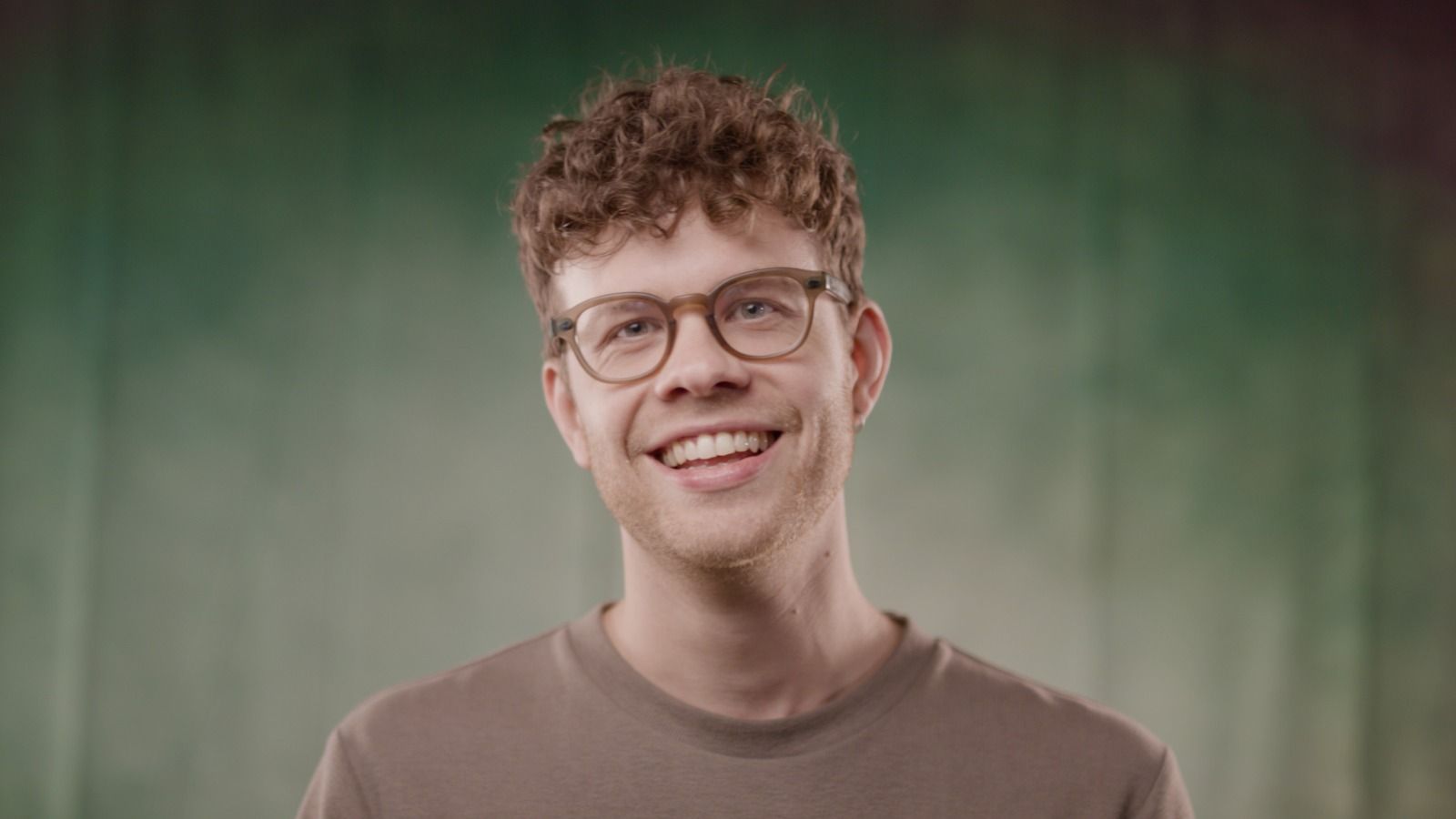
Dr Simon Ruffell is Psychiatrist and Senior Research Fellow at King’s College London and Chief Medical Officer at Psychae Institute. In a 2020 study, he found that ayahuasca retreats demonstrated positive changes in personality traits including sustained increases in agreeableness and reductions in neuroticism in 24 participants.
“We also assessed them for something called mystical experiences, which is whether participants perceived themselves as being in contact with God or being outside of time,” Dr Ruffell says. “The greater the degree of mystical experience, the greater the decrease in how neurotic they were.”
Along with DMT, which works on serotonin receptors, ayahuasca contains three harmala alkaloids: harmine, harmaline and tetrahydro-harmine. Harmine and harmaline behave as monoamine-oxidase reversible inhibitors, whereas tetrahydro-harmine inhibits serotonin reuptake like drugs currently used to treat depression.
“Ayahuasca is a fantastic antidepressant, if not anything else, and that fits in with the fact that it decreases levels of neuroticism,” Dr Ruffell says.
Another study assessed how childhood trauma affected anxiety, depression, self-compassion and wellbeing later in life — and whether drinking ayahuasca changed people’s memories associated with traumatic events.
“We found that participants’ levels of anxiety and depression decreased immediately after an ayahuasca retreat. Levels of self-compassion and general wellbeing also increased after the retreat and all of these results were maintained at a six-month follow-up.
“Ayahuasca seems to be more effective in helping people who were traumatised as a child,” Dr Ruffell says. “We also found that people’s perceptions of difficult memories or traumatic experiences changed. The memory itself didn’t change. But people tended to see them in a less negative light.”
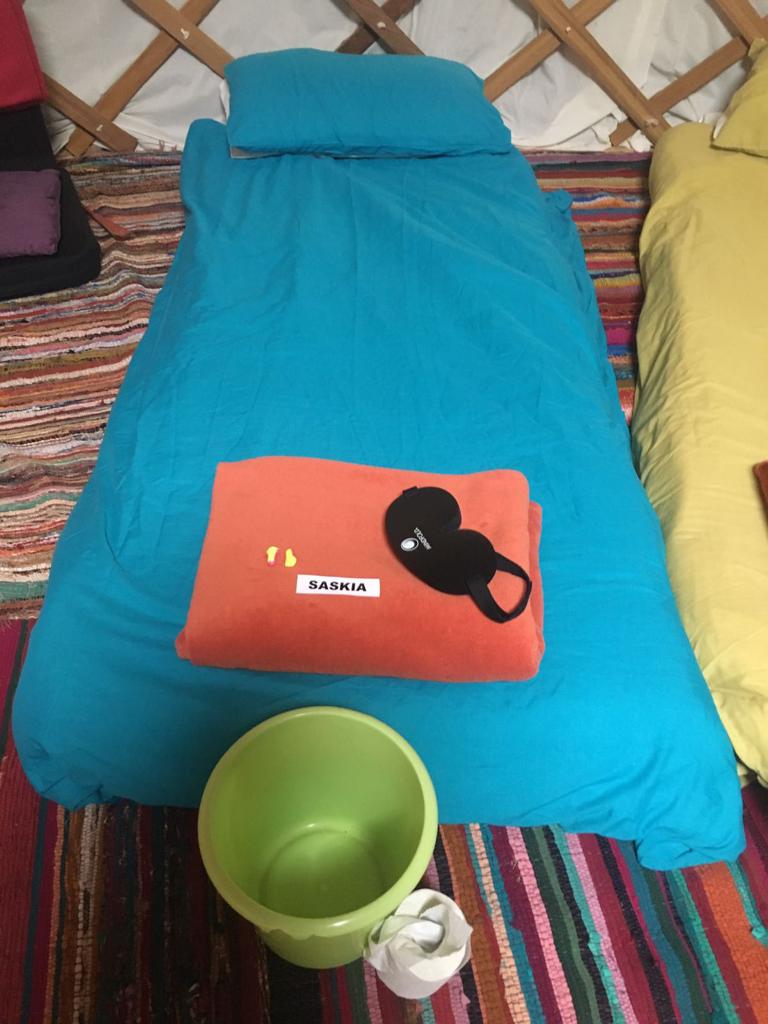
In the morning, attendees are invited to share their experiences. Listening to others describe sublime visions and cosmic breakthroughs, Saskia wondered why she was failing to connect with the medicine. The introspection that ayahuasca afforded was useful — even beautiful — but it was not the earth-shattering experience she signed up for.
“I hadn’t come with a clear intention. I’d come for the fun of it. And I probably needed to be taken down a peg.”
After a tearful shower on the morning of the final day, she resolved to persevere through the third ceremony and return home, unenlightened.
“I totally surrendered,” she says. “There were no expectations anymore.”
This time, Saskia made a heroic effort to gulp down a much larger dose of the putrid brew. She was rewarded with a revelation.
“It was the most profound night of my life.”
At the peak, Saskia became conscious of her chest, which had transformed into a desolate landscape of scorched earth.
“It was really intense. I was almost struggling to breathe. I remember sitting up and stretching, trying to get this thing off me.
“It cracked,” she says. As she relays her experience to me, Saskia’s voice begins to tremble. “And the brightest green light came out of my chest.”
During our conversation, Saskia catches a tear from the corner of her eye with her finger, exhales.
“It was the first time in my life I’ve ever felt self-love. Ever. Up until that moment I’d spent my life in self-destruct. I had early childhood trauma that made me not value myself.
“I tried to kill myself before. At this moment, I realised I actually want to be alive and take care of myself. I can’t believe how blessed I am to be here.”
Saskia says she is “unrecognisable” to people she knew before this experience.
“It has changed my life and I really don’t say that in any small way. I see all of the years leading up as a mask. I am my true self now.”
She credits her ayahuasca experience as bestowing her with more compassion, more calmness, more self-control.
“I started to respect and care for myself. I went cold turkey and quit drinking.”
Saskia has since integrated daily practices that safeguard her mental health like meditation and is currently training as a qualified yoga teacher. Since the ceremony, she made the decision to go freelance and has established a successful career in marketing, which has enabled her to live in New York and Lisbon.
One of the most surprising consequences of the psychedelic experience is how it can inspire lasting changes in behaviour and thinking. As opposed to antidepressants, which need to be taken everyday, a single dose of a psychedelic can activate positive mental health effects that continue for months or years — provided they are properly integrated and preferably taken within a communal context and with the support of a trained psychotherapist or shaman.
“I would do it again, but I wouldn’t rush it,” Saskia admits. “I still feel very much like I’m benefiting from the experience I had four years ago.”

For practical, confidential suicide prevention help, support and advice, please contact the Samaritans on 116 123 or Papyrus on 0800 068 4141. Download the Stay Alive app if you are having thoughts of suicide or if you are concerned about someone else.
🤯 Mind at Large
A breakdown of mind-blowing ideas I encountered this week:
📖 Article – The BBC reports on a recent study which found that psilocybin can reduce symptoms of severe depression.
📚 Book – The Beatles in India (2018) by Paul Saltzman. This collection of photographs depicts The Beatles on their 1968 visit to Rishikesh where they learned transcendental meditation from Maharishi Mahesh Yogi. Saltzman was one of the other participants on the course and spent a week with the Fab Four, capturing some stunning portraits of the group.
"As a body, every human being is a single entity. As a soul, never."
Hermann Hesse
🫠 Enjoying this newsletter?
Forward to a friend and let them know where they can subscribe.
